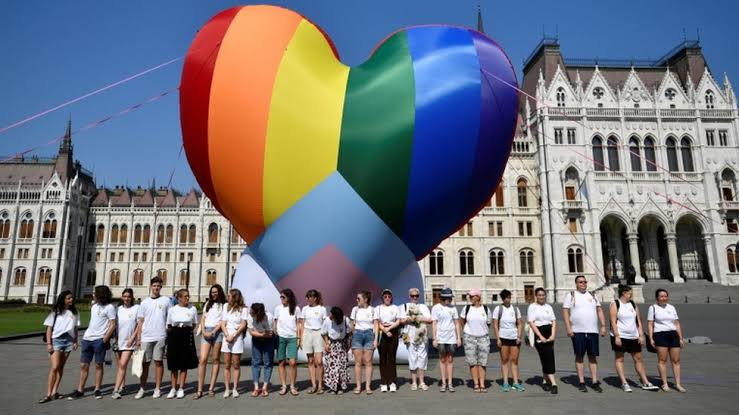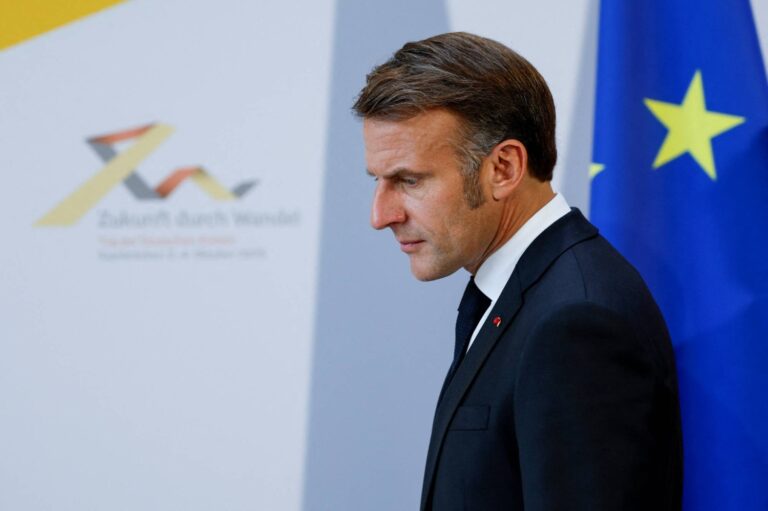
A coalition of sixteen European Union (EU) member states has strongly condemned Hungary’s recent legislative actions that effectively ban LGBTQ+ Pride events and impose broad restrictions on LGBTQ+ rights, calling for immediate legal intervention by the European Commission.
The joint statement, spearheaded by the Dutch foreign ministry, comes in response to a constitutional amendment passed by the Hungarian Parliament in April 2025. This amendment prohibits LGBTQ+ gatherings, including Pride events, and enshrines a traditional definition of gender, recognizing only two sexes. Furthermore, the legislation authorizes the use of facial recognition technology by law enforcement to monitor and identify participants in such events, raising serious concerns about privacy and surveillance.
The Hungarian government defends the law as necessary to protect children and promote traditional family values. However, critics, including numerous human rights organizations, argue that it constitutes a severe infringement upon fundamental human rights and freedoms, particularly the rights to freedom of expression, freedom of assembly, and the right to non-discrimination.
Read more: Nigeria’s Tax Reforms Gain International Recognition
The sixteen EU countries signing the joint statement include France, Germany, Austria, Belgium, Czechia, Denmark, Estonia, Finland, Ireland, Latvia, Lithuania, Luxembourg, the Netherlands, Portugal, Slovenia, and Sweden. The signatories express deep concern that Hungary’s actions violate core EU values and have called on the European Commission to “expeditiously make full use of the rule of law toolbox at its disposal” to address the situation. This toolbox includes mechanisms for ensuring member states adhere to the EU’s fundamental principles.
“We are highly alarmed by these developments,” the statement reads, underscoring that Hungary’s legislation directly contradicts the fundamental values of human dignity, freedom, equality, and respect for human rights upon which the European Union is founded.
The European Commission is currently conducting a thorough assessment of Hungary’s legislation to determine its compliance with EU laws and values. Potential actions the Commission could take include initiating infringement procedures, which could ultimately lead to legal proceedings against Hungary at the European Court of Justice. If found in violation of EU law, Hungary could face significant financial penalties and be required to repeal or amend the offending legislation.
This situation further exacerbates existing tensions between Hungary and the EU, particularly concerning issues related to the rule of law, media freedom, judicial independence, and corruption. The EU has previously withheld substantial funds from Hungary due to similar concerns about democratic backsliding.
Human rights organizations and LGBTQ+ advocacy groups have issued strong condemnations of Hungary’s legislation, denouncing it as discriminatory, authoritarian, and a violation of international human rights standards. Protests have taken place both in Hungary and across Europe, with demonstrators demanding the protection of LGBTQ+ rights and freedoms and calling for EU action.
The Council of Europe, along with various other international bodies, has also voiced its concern, urging Hungary to uphold its commitments to human rights and democratic principles as a member of the international community. The situation is being closely monitored by international observers who fear a further erosion of democratic norms within Hungary and potentially a ripple effect in other countries.



